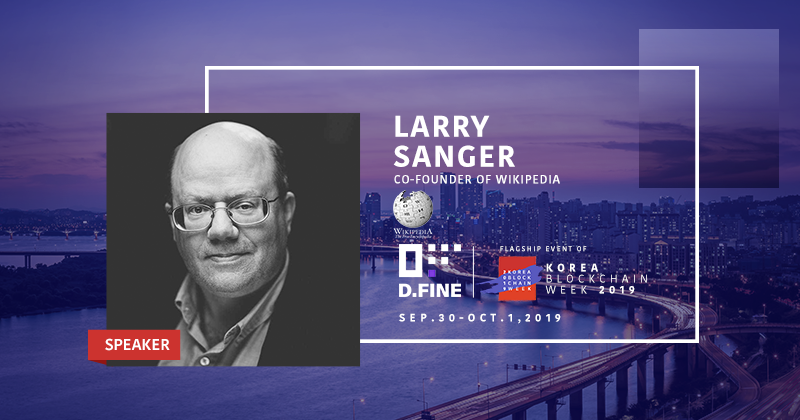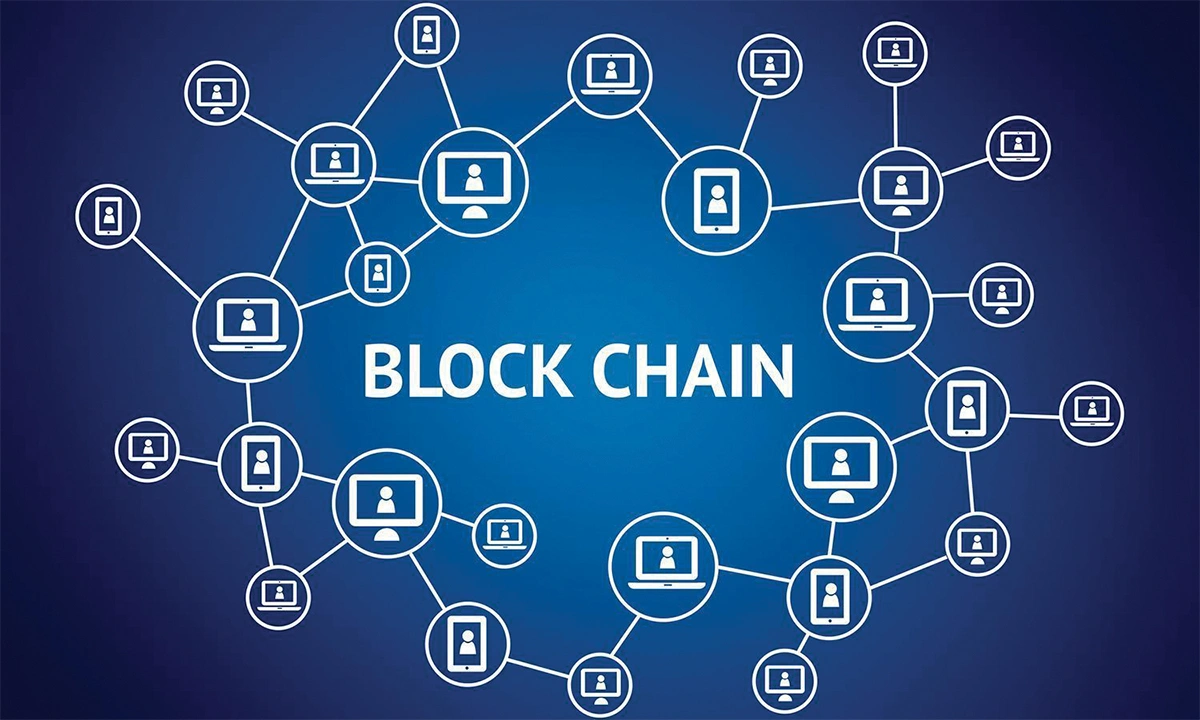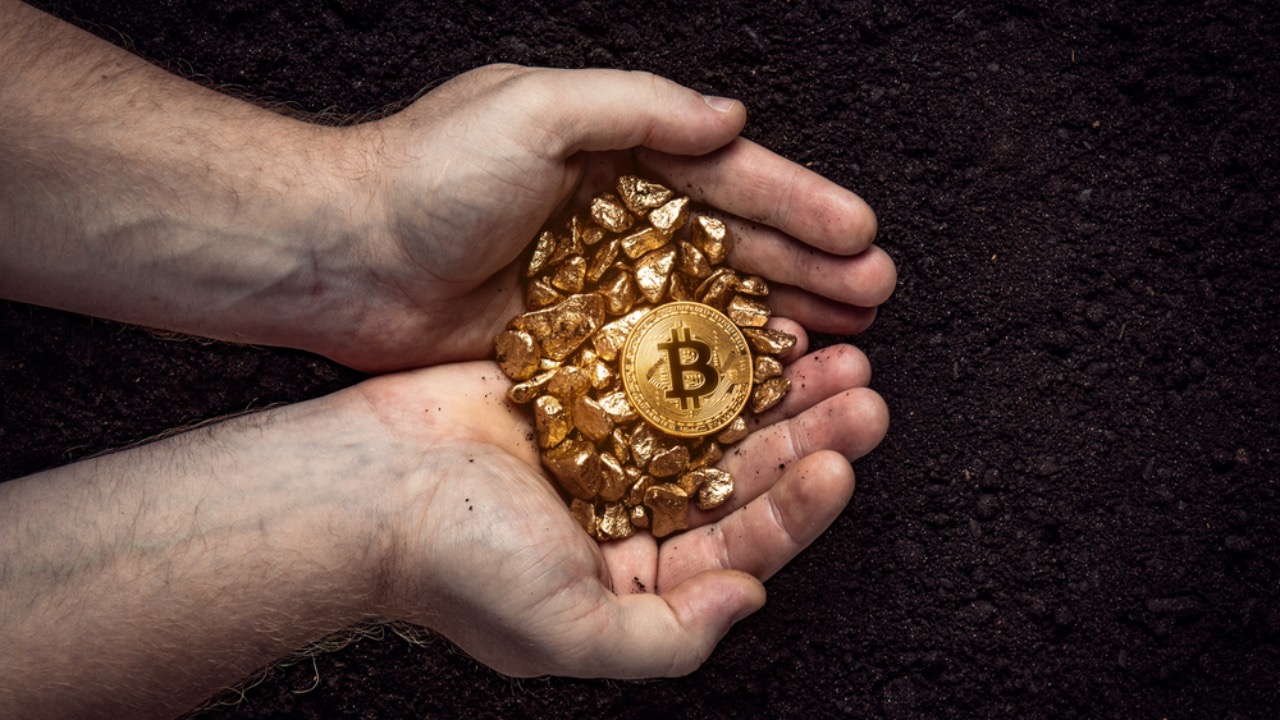Larry Sanger is a co-founder of Wikipedia and Everipedia, two of the largest online encyclopedias. He is also a vocal advocate for blockchain technology and its potential to revolutionize the way we produce and consume knowledge.
In a recent interview with Cointelegraph, Sanger discussed his views on blockchain, the internet, and knowledge. He argued that blockchain can help to create a more decentralized and transparent internet, which would in turn lead to the creation of more accurate and reliable knowledge.
Blockchain and the Internet
Sanger believes that blockchain has the potential to decentralize the internet and make it more resistant to censorship. He argues that the current centralized internet model is vulnerable to attack and manipulation, and that blockchain could provide a more secure and robust alternative.
“Blockchain technology is adding ‘transparency, accountability and, of course, the incentives that are provided by tokenization,'” Sanger said. “But there is nothing magical about a blockchain technology that makes it the only way to decentralize online activity.”
Larry Sanger interview also believes that blockchain could help to improve the quality of information on the internet. He argues that the current centralized model of content creation and distribution leads to the spread of misinformation and propaganda. Blockchain could help to create a more decentralized and transparent system of content creation and distribution, which would make it more difficult for misinformation to spread.
“The problem with the current internet is that it’s too easy for people to spread misinformation,” Sanger said. “Blockchain technology could help to create a more decentralized and transparent internet, which would make it more difficult for people to spread misinformation.”
Blockchain and Knowledge
Sanger believes that blockchain could also help to improve the way we produce and consume knowledge. He argues that the current centralized model of knowledge production is inefficient and biased. Blockchain could help to create a more decentralized and transparent system of knowledge production, which would make it more efficient and less biased.
Sanger also believes that blockchain could help to make knowledge more accessible to people all over the world. He argues that the current centralized model of knowledge distribution is expensive and inefficient. Blockchain could help to create a more decentralized and efficient system of knowledge distribution, which would make knowledge more accessible to people all over the world.
“The problem with the current system of knowledge distribution is that it’s too expensive and inefficient,” Sanger said. “Blockchain technology could help to create a more decentralized and efficient system of knowledge distribution, which would make knowledge more accessible to people all over the world.”
Another example is the decentralized library project Open Library. Open Library is a non-profit initiative that is working to create a free and open-source digital library. Open Library uses blockchain technology to ensure that the content in the library is always available and accessible to everyone.
Sanger’s ideas about blockchain and knowledge are still in their early stages of development, but they have the potential to revolutionize the way we produce and consume knowledge. Blockchain could help to create a more decentralized, transparent, and efficient system of knowledge production and distribution. This would make knowledge more accurate, reliable, and accessible to people all over the world.




